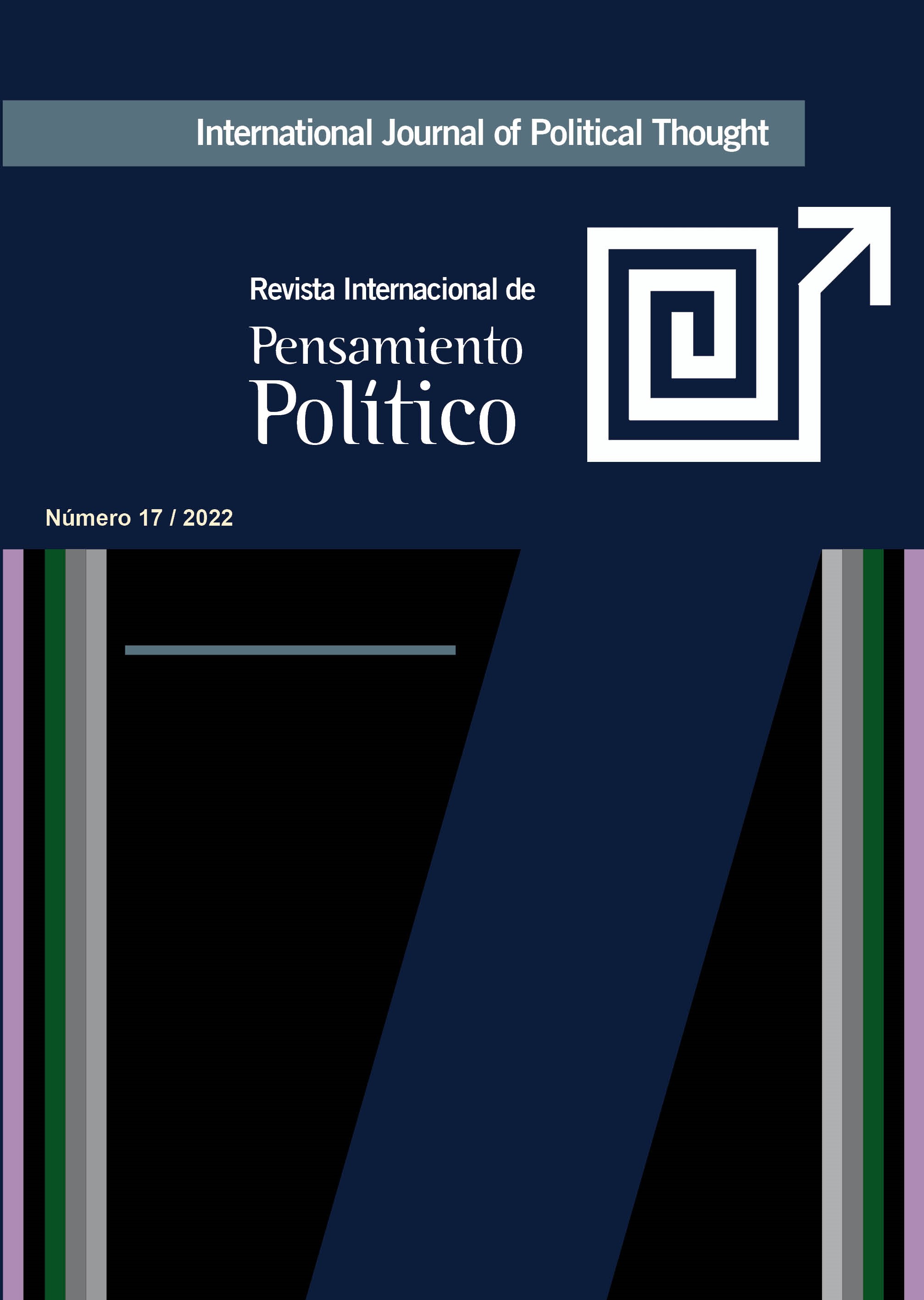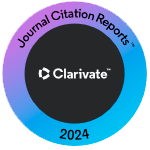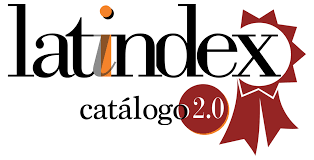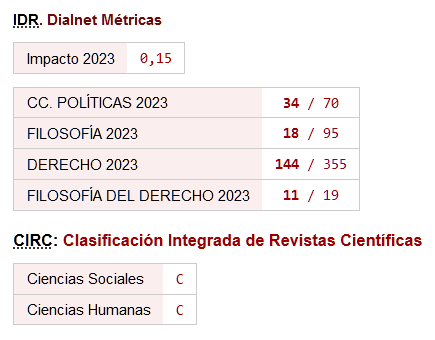La transversalidad legislativa del saber hacer en la Unión Europea
Legislative Transversality of Know-How in the European Union
DOI:
https://doi.org/10.46661/revintpensampolit.7398Palabras clave:
saber hacer, conocimientos, confidencialidad, innovación, secreto comercial, bienes intangibles, vinculación históricaResumen
El saber hacer aporta a la Unión Europea una transferencia de conocimientos por parte de la sociedad. Su transversalidad hace que esté presente, prácticamente, en todas sus políticas. Es un motor que impulsa a la legislación europea y hace que la sociedad esté presente en ella. La aportación del saber hacer al desarrollo de la UE es muy enriquecedora. Precisamente este artículo pretende reflejar su evolución a lo largo de los años y alcanzar una definición amplia que refleje este impulso social.
Descargas
Citas
Abegslen, J.C. (2006). 21st - Century Japanese Management. New Systems, Lasting Values. Palgrave Macmillan.
Ackermann, N. (2011). Los Consorcios de Origen. La clave para la valorización inclusiva y sostenible de los productos típicos con indicación geográfica. Simposio Mundial sobre las Indicaciones Geográficas. http://www.wipo.int/edocs/mdocs/geoind/es/wipo_geo_lim_11/wipo_geo_lim_11_13.pdf
Amabile, T (2005). Creatividad e Innovación. Harvard Business Review. Deusto.
Bowman, J. (2010, abril). La innovación ecológica a primer plano. Revista de la OMPI. https://www.wipo.int/wipo_magazine/es/2010/02/article_0005.html
Callon, J.D. (1996). Competitive Advantage. Through information technology. McGraw-Hill International Information Systems Series.
Davenport, T. H. y Prusak, L. (1998). Working knowledge: how organizations manage what they know. Harvard Business School Press.
Doria, G. Conoscenza del mercato e sistema informativo: il know-how dei mercanti-finanzieri genovesi nei secoli XVI e XVII. En A. De Maddalena y H. Kellenbez (1986), La Republica internazionale del denaro tra XV e XVII secolo (pp. 57-121). Quaderno, 20. Società editrice il Mulino.
EOI (2003). Tecnología e Innovación. Evaluación del Sistema Andaluz de Innovación. Índice EOI. Colección EOI.
González Sabater, J. (2010). Proveedores de conocimiento. Trabajar con universidades, organismos de investigación y centros tecnológicos. Netbiblo.
Groak, S. (2002). The idea of Building. Taylor & Francis. https://doi.org/10.4324/9780203133781
Hernández Fernández, A. y Ramón Fernández, F. (2010). La ventaja competitiva de las arcas tras su presencia en las redes sociales. Revista Aranzadi de Derecho y Nuevas Tecnologías, 3 (24), 45-48.
Jordan, J. F. (2015). Innovation. Commercialization and start-ups in life sciences. CRC Press. https://doi.org/10.1201/b17287
Martínez Caro, E., Briones Peñalver, J. y De Nieves Nieto, C. (2014). Responsabilidad social, cooperación empresarial e innovación en agronegocios. Revista Europea de Dirección y Economía de la Empresa, 20 (4), 63-76.
Molina Manchón, H. y Conca Flor, F. J. (2000). Innovación tecnológia y competitividad empresarial. Universidad de Alicante.
OCDE [Directorate for Science, Technology and Innovation Committee on Digital Economy Policy]. Enquiries into Intellectual Property's Economic Impact. Chapter 3. Approaches to the Protection of Trade Secrets (Patent versus Trade Secrets Protection). DSTI/ICCP (2014)17/CHAP3/FINAL, 29.07.2015, pp. 13-14. http://www.oecd.org/officialdocuments/publicdisplaydocumentpdf/?cote=DSTI/ICCP(2014)17/CHAP3/FINAL&docLanguage=En
OMPI (en línea). Georgia: Código Penal. WIPOLEX. https://wipolex.wipo.int/es/legislation/details/1770
OMPI (2015). Índice Mundial de Innovación 2015. Universidad Cornell, INSEAD. http://www.wipo.int/edocs/pubdocs/en/wipo_gii_2015.pdf
Santarelli, E. (2006). Entrepreneurship, Growth and Innovation. The Dynamics of Firms and Industries. Springer Science and Business Media, Inc. https://doi.org/10.1007/0-387-32314-7
Von Stamm, B. (2003). The innovation Wave. Meeting the corporate challenge. John Wiley & Sons.
Descargas
Publicado
Cómo citar
Número
Sección
Licencia
Derechos de autor 2022 Montserrat Lira Raggio

Esta obra está bajo una licencia internacional Creative Commons Atribución-NoComercial-CompartirIgual 4.0.
Política de acceso abierto
Se permite el acceso libre y abierto de cualquier interesado a todos los contenidos de los números de la revista, sin costo alguno, pudiendo imprimir y trasladar todos los artículos, con la única condición de precisar la fuente y la autoría.
La revista: a) no cobra a las autorías costes por el procesamiento de los artículos ni por el envío de los mismos, b) mantiene el copyright para los autores sin restricciones, c) facilita a los autores conservar sus derechos de publicación sin limitaciones.
La Revista Internacional de Pensamiento Político es una obra original del Laboratorio de Ideas y Prácticas Políticas de la Universidad Pablo de Olavide. Todos los artículos incluidos en la Revista son obra original de sus respectivas autorías. Esta Revista se ofrece libremente a la comunidad científica y académica sin coste alguno y libera los contenidos de acuerdo a la licencia "Reconocimiento-NoComercial-CompartirIgual 4.0 CC BY-NC-SA" del proyecto Creative Commons dispuesta en la siguiente url: https://creativecommons.org/licenses/by-nc-sa/4.0/legalcode
Si deseas traducir o compilar alguno de los artículos aquí disponibles, por favor, ponte en contacto













